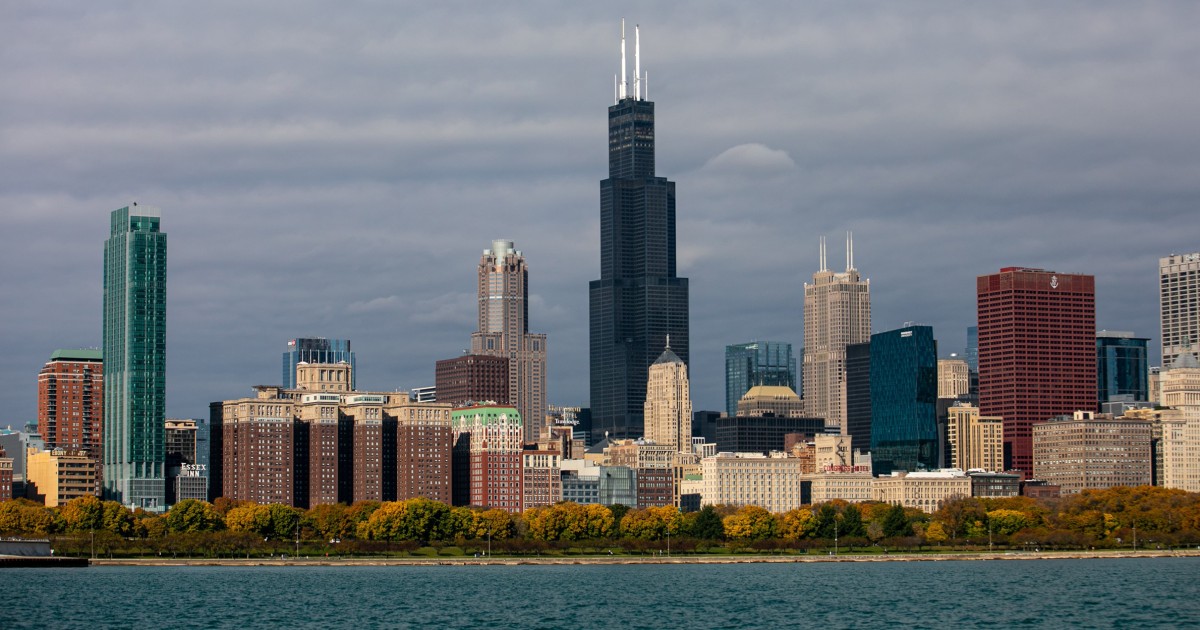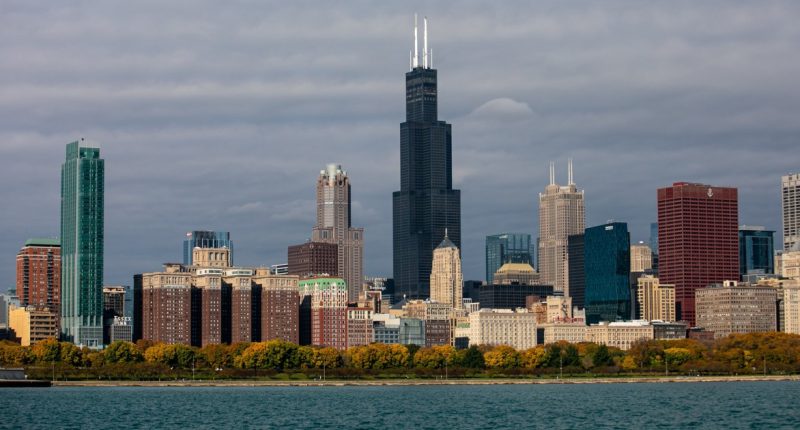
The research, published in July in the journal Nature, detailed how heat trapped under the surface is causing a phenomenon called “underground climate change” and could cause major cities including Chicago, New York and London to “sink.”
This underground climate change is different from the climate change in the atmosphere, which comes from greenhouse gasses caused by burning fossil fuels. Subways and buildings emit heat directly into the sublayers of the ground. As the heat spreads, the ground also deforms, which can cause city structures and infrastructure to crack. While researchers have worried about the potential of cities to sink due to heavy building loads, spreading heat like this can cause similar displacements.
Rotta Loria said the problem of rising heat underground is “the direct consequence of human presence on Earth, and a direct consequence of building our structures.” And with added heat trapped in the ground, he warned that public health, building structures and public transportation will suffer.
Transportation Secretary Pete Buttigieg said that underground resilience is part of the administration’s focus on addressing yet another climate issue.
“Time’s up in terms of having this be part of our work,” Buttigieg told NBC News in an interview. “We’re partnering with states on this, because it may be that something down to the kind of cement or steel or asphalt that you’re using for the 21st century needs to look a little different than what we learned to build with 100 years ago.”
The Biden administration’s sweeping climate agenda has included many new federally funded programs introduced through the Federal Emergency Management Agency, the Department of Energy and the Department of Transportation that look to encourage municipalities to take on area-specific mitigation and resiliency projects.
Buttugieg said staying flexible is key as the world adapts to climate change and projects are implemented over long periods of time.
“If you have a tax policy, and you learn that there’s a problem with it, you can fix it, and it could be effective the very next year,” he said. “But if you build a bridge, or a road, or a tunnel, or a railroad, or an airport, in a way that turns out not to be right for the future, you’re making a decision that you’re going to have to live with for decades.”
Back in Rotta Loria’s lab, he transferred the data from the temperature sensors into a colored heat map, displaying his forecasts to show how quickly underground heat associated with buildings and parking garages has spread and increased over the last few decades.
“If we compare it with global warming and how surface temperatures have risen, it’s actually faster.” Rotta Loria said. “The temperatures underground are rising faster in cities than at the surface.”
The only portion of the map that remains unchanged over that same period of time is the ground underneath Millenium Park, where the city’s famed Bean sits.
The path toward mitigation would be costly, but relatively simple, Rotta Loria said. Thermal insulation can be installed underground and built into new structures, to mitigate waste heat escaping into the earth and causing these problems.
Or, scientists say the excess could be captured and used as geothermal energy to warm and cool buildings, with an estimated return on investment in about six years, Rotta Loria added.
Source: | This article originally belongs to Nbcnews.com










